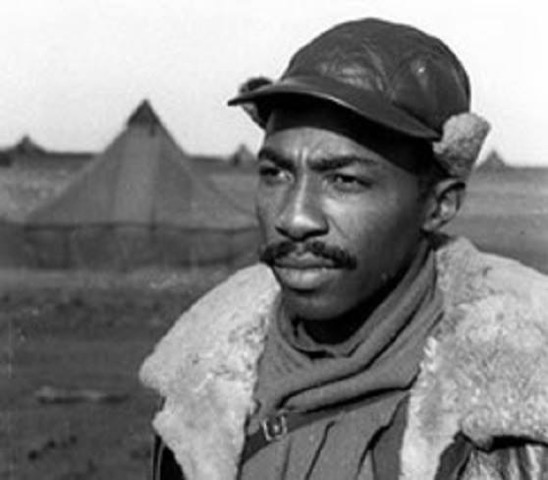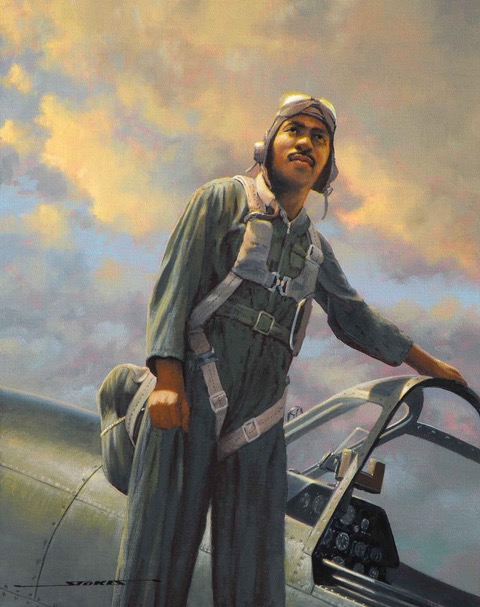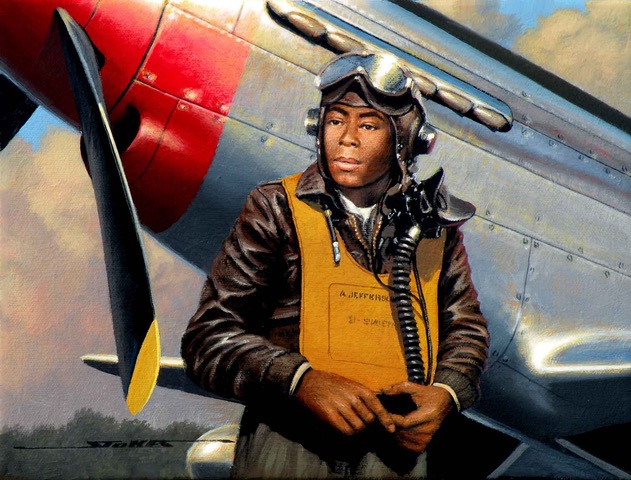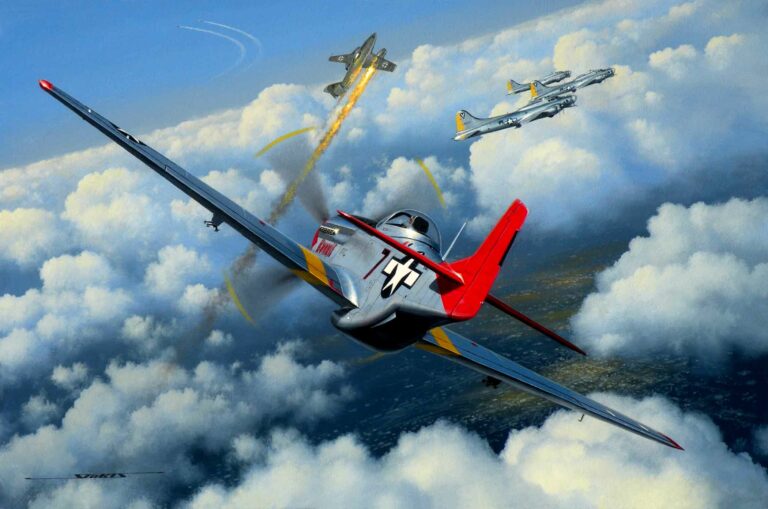Clarence Jamison was a pioneering Tuskegee Airman with a 22-year history of military service during and after World War II. His life was one of historic firsts and accomplishments.
While living in Chicago with an uncle and attending the University of Chicago, Clarence learned about the US government-sponsored Civilian Pilot Training Program. The idea of the CPTP was to ready a supply of civilian pilots by offering free flight school training and pilot’s license in case aviators were needed as American involvement with World War II became more of a possibility. Clarence completed his 72 hours of ground training and 50 hours of flight training, earning his civilian pilot’s license in 1940.
He heard about the formation of the first African American squadron being formed by the US Army Air Force. Realizing that the program offered the opportunity for him to serve as an officer, Clarence applied to the Tuskegee Army Airfield training program. After hearing nothing about his application status, he wrote a personal letter to First Lady Eleanor Roosevelt who had been a vocal supporter of the cause. While Clarence never received a direct letter back, five weeks after writing to Mrs. Roosevelt, he was accepted into the Tuskegee program and believed with certainty that the First Lady had intervened on his behalf. He was accepted as a cadet and enlisted on August 21, 1941.
On April 29, 1942, Clarence graduated from Tuskegee Army Airfield. His class, 42-D-SE was only the second class to graduate from the program. Of the 13 men who started with his class, only 3 would graduate Sidney Brooks, Charles Dryden and Clarence Jamison. Despite being ready to serve, it would take several additional classes before the 99th Fighter Squadron had the prerequisite number of pilots to officially form.
Finally, in April of 1943, the 99th, including Clarence, deployed to North Africa and would fly the first-ever combat mission with African American pilots on June 2, 1943. The mission was the liberation of Pantelleria Island from the German Army. Its success was a victory both for the Allied efforts and the beginnings of the modern civil rights era in America. He would go on to fly a total of 67 combat missions and retire with the rank of Lt. Colonel.





